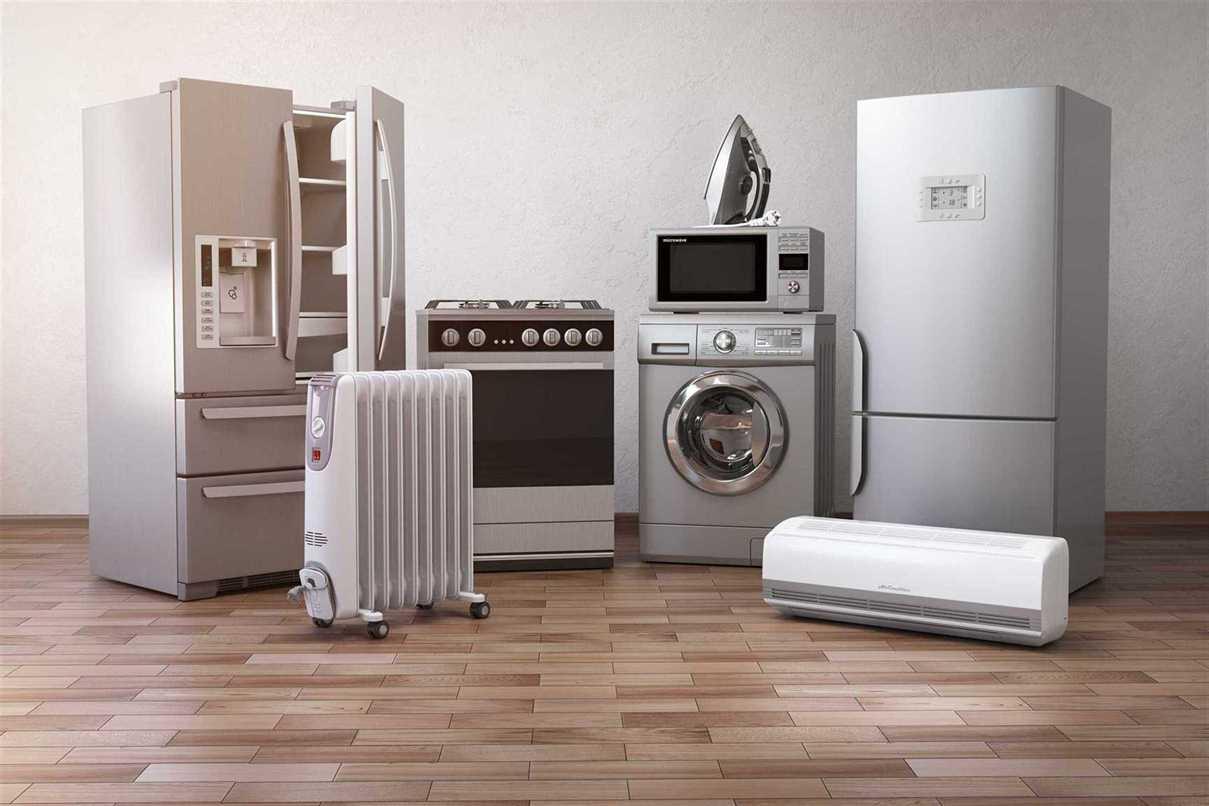Although landlords aren’t legally required to provide appliances for their tenants, to gain a competitive edge, many do so anyway. Of course for you as a landlord, installing appliances in rental units comes at a cost but a worthy one by making your amenity attractive. Some basic appliances you can provide include a refrigerator, washer, dryer, microwave, and dishwasher.
One thing you need to be prepared for as a landlord is that it’s your duty to provide quality appliance repair services and maintenance for the appliances. Of course, the tenant is also expected to take care of repairs for what they’ve damaged but in the end, when signing in a new tenant, all the appliances must be functional and safe to use. That’s why you need to be picky when buying appliances for your rental unit. Here are some things to consider:
New or Used
Purchasing appliances for your rental units may be a smart move, but it’s also an expensive one. To cut costs, you can purchase some appliances at a second-hand shop for a fraction of the cost. However, some appliances like refrigerators and dishwashers are best bought new. With these types of appliances, functionality declines with prolonged use, so even though new ones may cost more, you’re better off covering this cost rather than purchasing appliances that are on their last legs.
Appliance Features
Appliances with sophisticated features cost more. When determining if you should purchase appliances with special features, consider the type of tenants you’re expecting. A luxurious abode means your target is high-end tenants, which also means the appliances need to be a lot fancier than those in rental units for say, students. So in short, your choice of appliances should match the type of property you own and at the end of the day, as a landlord, you need to look at how much return you will get for providing appliances.
Safety
Most deaths from fires and electric shocks in rental units are caused by faulty plugs, worn out electrical wires and appliance faults. As a landlord, you’ll be exposing yourself to a great deal of financial risks, invalidated insurance, and fines if you don’t fulfill your electrical safety obligations. One of the obligations is to ensure that all appliances in the units are safe before and after the tenancy. Make sure your electrician regularly conducts safety checks to ensure that appliances are in good condition. Additionally, all your appliances should have PAT testing carried out on them.
Energy Conservation
Whether new or old, when you purchase appliances, consider buying Energy Star certified appliances. These appliances use less energy which results in lower energy bills. Although tenants often pay for utilities, keeping the energy costs down will help you retain them. No tenant wants to pay hefty electric bills as a result of fancy appliances that lack energy efficiency.
Once you supply your rental units with appliances, make sure you create an inventory list for new tenancy and end of the tenancy. The inventory list should contain descriptions of the appliance’s current state, and the repairs and maintenance carried out on them. Your lease agreement should also detail what the tenant is and is not responsible for in terms of repairs and maintenance. Landlords should be as clear as possible about their expectations – good communication usually leads to fewer problems in the long run.

